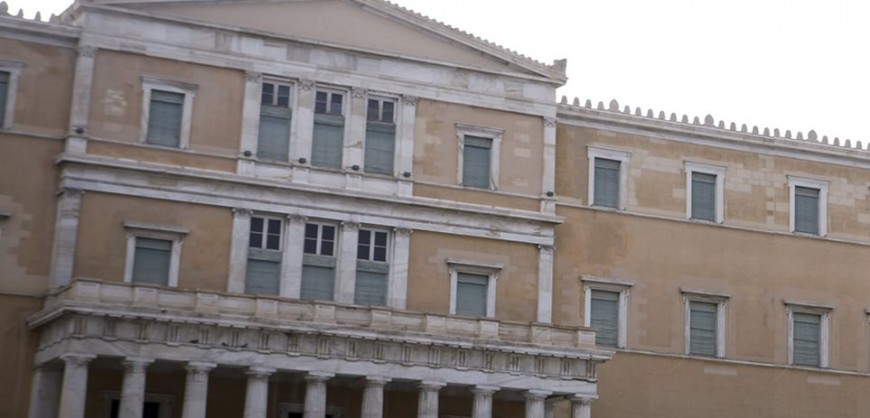The prospect of an early election in Greece is not something many political pundits in Europe are currently examining. But according to US site CNBC international, the possibility of a snap election in Greece could offer global markets a boost and it is a risk definitely being factored in by major financial groups and analysts from by large banks like Societe General. The author of the post, Silvia Amaro, argues that Greek PM Alexis Tsipras could be forced to go the ballots and renew his mandate in light the implementation of a set of new harsh austerity measures.
Markets are not preparing for an election in Greece this year, but this is a risk that cannot be ruled out.
The mandate of Prime Minister Alexis Tsipras ends in September of 2019. But with key austerity reforms starting in January, and a bailout program expected to end this summer, some analysts fear the government will call a new general election earlier than expected.
“This is indeed one of the risks in our scenario, but most likely after the program ends,” Yvan Mamalet, senior euro economist at Societe Generale, told CNBC.Greece is expected to finish its third bailout program in August. However, some key reforms agreed with international creditors, including cuts to pensions, will only come into effect in January. Some analysts argue that between August and the start of 2019 there is a window of opportunity for early elections.
“There’s a distinct possibility that the elections will take place in the second half of 2018,” Kyriakos Mitsotakis, the leader of the opposition party New Democracy, said in an interview to Bloomberg last month.
It wouldn’t be the first time that Tsipras called for an early election. Back in 2015, after signing the country’s third bailout program, Tsipras called a snap election after receiving criticism from the more radical members of his Syriza party — a left-wing populist party that investors used to perceive as a risk for the Greek economy. Syriza had an outspoken anti-austerity stance, but Tsipras and his government have nonetheless put in place the policies that creditors asked for and have vowed to continue reforming the economy.author: Silvia Amaro
more at cnbc.com





































